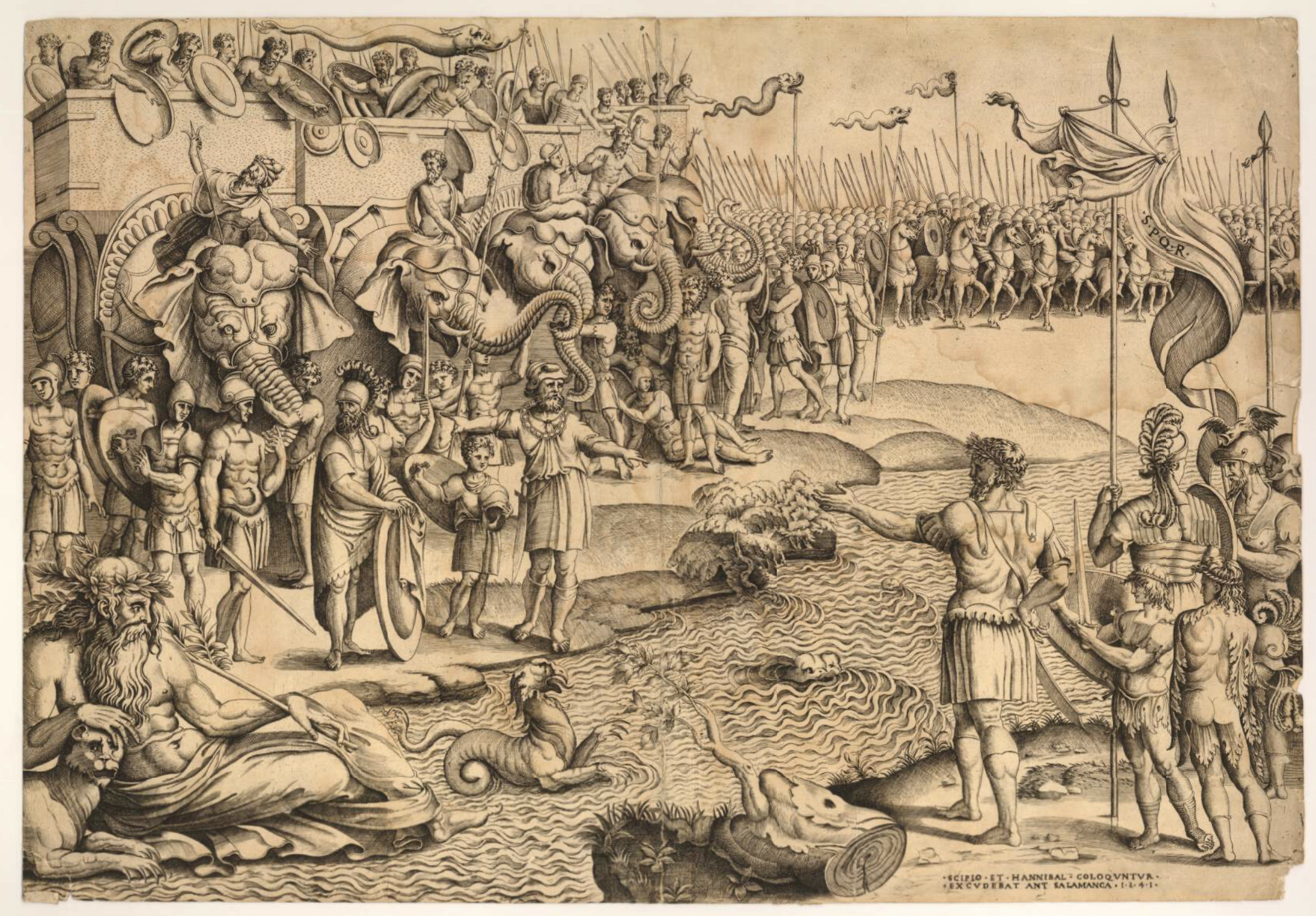The Life and Work of Ibn Khaldun
Ibn Khaldun was a 14th century North African scholar and historian best known today for having written the Al Muqaddimah, the preface to his universal history. In it, he lays out general laws of history and societal evolution, much of it derived from pragmatic observation. What he did was in a sense revolutionary because he strove to make people realize that most of their understanding of politics and history is a result of personal bias, whereas more permanent and accurate laws lie beyond that.
The Al Muqaddimah is an attempt to move from illusion to sobriety in politics – a lesson we could use again in our era of virtual realm excitation and the increase in demagoguery.
Ibn Khaldun led a rich and varied life. He was a political advisor who was several times accused of plotting and imprisoned, a negotiator with Tamerlane at the gates of Damascus, and a diplomat with Bedouin tribes in North Africa. This last experience informed a central concept in Al Muqaddimah: ‘asabieh’, often defined as group feeling. But the term more accurately describes a kind of zealous partisanship that is a prime driver of political evolution.
'Asabieh,’ Ibn Khaldun writes, is key to political success, and when it wanes, there is an inevitable tendency towards civilizational decline. Prosperity and success lead to a weakened ‘asabieh’, followed by decadence and collapse. Interestingly, he suggests that, “at the end of a dynasty, there also often appears some (show of) power…It lights up brilliantly before it is extinguished…”
Ibn Khaldun also stresses the importance of a noble authority in society as a model for personal restraint. This importance of authority is in some ways not unlike Hobbes’s sovereign. However, in an age where we celebrate the toppling of authority, where does that leave restraint? We have the habit of doubting and wanting to upend all authority, but what should we replace it with?
The unstated answer may be that the citizen has to ultimately regulate his own life. Can that happen without greater knowledge of how to do so, including greater knowledge of how our nature and motivations lead us to excess, not restraint? Ibn Khaldun also emphasizes how unaware we are of how our environment shapes our behaviour.
Ibn Khaldun lived in a period of political fragmentation when the great eras of Islamic civilization were beginning to fade. He had to move between many cities seeking employment (to avoid imprisonment). He also lived through the plague and lost his parents and many friends to that disease. He later lost his wife, five daughters and personal library in a shipwreck near Alexandria, Egypt.
Yet he still managed to eke out a vast and lasting work, which is a testament to his ability to endure and even take advantage of adversity. His words, written in 1377, about the disturbances that take place at the end of dynasties echo until today:
“..There is much unrest and bloodshed, and plagues occur…. The principal reason for the latter is the corruption of the air by overpopulation… If the corruption is strong, the lung is afflicted by disease. This results in epidemics, which affect the lung in particular…”
As Ibn Khaldun oddly presaged events in our era, we may wish to go back and plumb his profound understandings of humanity and politics written six centuries ago. One page of Ibn Khaldun may be worth days of trolling through social media.



